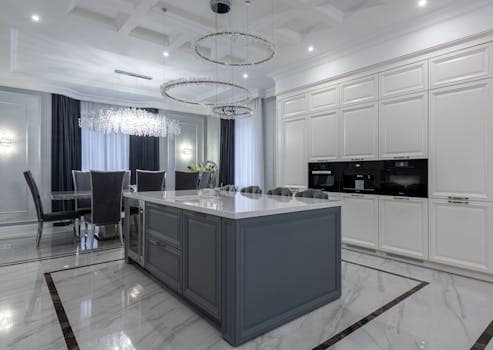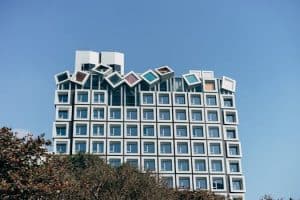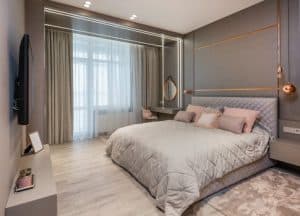The New Luxury Basics: What High-End Buyers Want Now
As the luxury market continues to evolve, high-end buyers are redefining the concept of luxury. While designer bags, flashy cars, and extravagant homes are still desirable, for many high-end consumers, these are no longer the defining factors of luxury. Instead, the focus has shifted towards a new set of values and priorities. In this article, we will explore the concept of the “new luxury basics” and delve into what high-end buyers are looking for in today’s market. From sustainability to experience-driven purchases, we will uncover the essential elements that are driving the luxury industry forward.
The Changing Definition of Luxury
Traditionally, luxury has been associated with material possessions that demonstrate wealth and status. However, in recent years, there has been a shift towards a more holistic definition of luxury. High-end buyers are no longer solely focused on tangible items, but also on intangible values and experiences that contribute to their overall well-being and lifestyle.
This shift in mindset is driven by the changing priorities and values of affluent consumers. They are now looking for products and services that align with their personal values, such as sustainability, mindfulness, and social responsibility. This shift has led to the rise of the “new luxury basics” – essentials that high-end buyers seek out to fulfill their needs and wants.
The Importance of Sustainability
One of the key aspects of the new luxury basics is sustainability. More and more high-end buyers are placing importance on the environmental impact of their purchases. They are seeking out products that are ethically made, environmentally friendly, and have a positive social impact. This shift is seen across all industries, from fashion to travel.
For example, in the fashion industry, luxury brands are now turning towards sustainable materials and ethical production practices. High-end buyers are investing in pieces that are made to last and have minimal impact on the environment. This desire for sustainability is also reflected in the travel industry, where eco-friendly and sustainable accommodations and experiences are becoming increasingly popular among luxury travelers.
The Experience Economy
In the age of social media, high-end buyers are no longer solely interested in material possessions. They are seeking out unique experiences that they can share with their online community. This has led to the rise of the “experience economy,” where luxury consumers are willing to spend on unique and personalized experiences.
Luxury brands are taking note of this trend and are incorporating experiential elements into their products and services. For example, luxury hotels are offering one-of-a-kind experiences, such as private cooking classes with renowned chefs, in-room spa treatments, and personalized shopping experiences. These experiences add value and exclusivity to the traditional concept of luxury, catering to the ever-changing desires of high-end buyers.
Personalization and Exclusivity
The new luxury basics also include a desire for personalization and exclusivity. High-end buyers are looking for products and services that are tailored to their specific needs and preferences. This has given rise to the concept of “mass customization” – where luxury brands offer personalized options to their clients.
From luxury fashion to high-end travel, customization has become a key element in providing a truly exclusive and luxurious experience. High-end buyers are willing to pay a premium for unique and personalized products and services, showing that customization is becoming a new luxury basic.
The Evolution of Luxury
In conclusion, the luxury market is constantly evolving, and high-end buyers are driving this change. The concept of luxury is no longer limited to material possessions, but has evolved to incorporate values such as sustainability, experience, personalization, and exclusivity. Luxury brands must adapt to these new priorities if they want to remain relevant in the ever-changing luxury landscape. By understanding and catering to the new luxury basics, high-end buyers can continue to experience the opulence and exclusivity that they desire.









